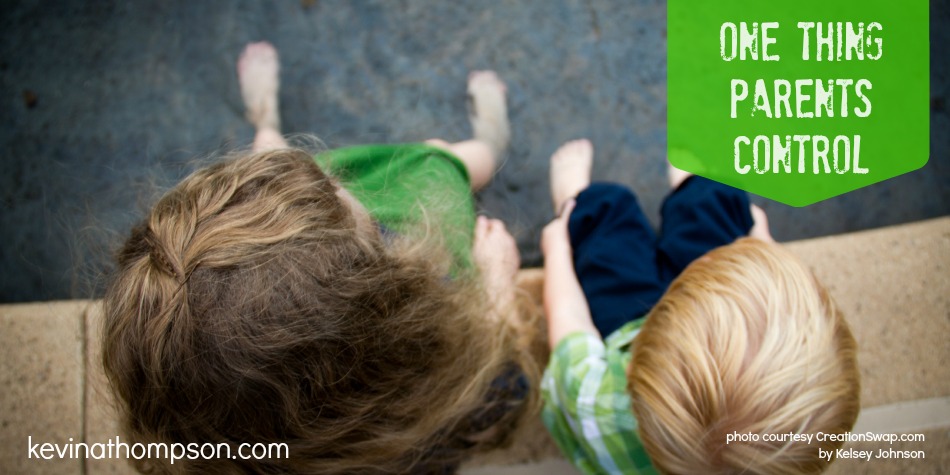One of the perks of the pastorate is having multiple relationships with psychologists and therapists. I’m friends with several, pastor many, and work in the same office with two. This puts me in many conversations with them regarding common issues, especially parenting. I’m not sure what you do when you have a problem with your child, but when I have a problem with mine, I stalk one of my co-workers until I find them on lunch break and then I ask them to solve my problem.
In the beginning of parenthood, I would always say, “Here is what Ella is doing. Why is she doing that?” The intent of the question was to find out what was wrong with my daughter and how we could make her right. But after a few conversations, my approach changed. Now I say, “Here is what Ella is doing. What am I doing to contribute to that?”
Not that every problem of a child can be traced back to a parent, but children are often defined by their environment. The younger they are, the more this is true. (See: Parenting–Too Involved, Not Involved Enough)
Give a two-year-old no structure and he will go wild.
Place a preschooler in a class where her teacher treats her like a bad child and she will be a bad child.
Seat a second-grader at a table with good students and he will become a better student.
Environment is often the defining characteristic of a child. Within the context of their genetic capabilities, environment determines if they will reach their potential or squander their giftedness.
The good news of parenting is that the younger a child is, the more the environment defines the child; AND the younger the child is, the more a parent controls their environment. (See: A Parenting Lesson From Jesus)
We choose the environments our children are in. It won’t always be the case. As they grow, the less influence we have on their environment. While we will always have control over our house, we do not control their school, the homes of their friends, and society at large. We can influence those things, but we do not control them.
However, for small children, we are completely in charge. We choose where they go, who they see, what they do, and nearly every aspect of their lives. The environment your small child is in is the environment you have chosen for them.
This does not mean that every time your child makes a mistake, it is your fault. It doesn’t mean you have to continually change their environment until they are perfect. Perfection is not possible.
It does mean that, more often than not, when a pattern of bad behavior emerges, you can look beyond your child for possible causes. Is the environment training them to make bad choices? (See: A Father’s Primary Role)
Environment consists of many things:
- daily structure
- bedtime routines
- sleep habits
- diet
- screens—both what is on them and how much time is spent watching
Yet the number one environmental factor in our kids lives is us.
- How do we handle stress?
- How do we interact with them and others?
- Do we displace our frustration about other situations onto them?
- Are we fair? Patient? Kind?
Imagine an airplane slowly losing cabin pressure. It happens so slowly that no one notices the environment in the cabin is becoming oxygen-deficient. Slowly passengers slip into a euphoric phase and ultimately into a deep sleep as their brains struggle without oxygen. Without oxygen masks, the pilots will not be able to function.
The plane will eventually crash because no one on board will be able to land it. They are capable, but their environment has not provided them what they need to succeed. (See: My Four Favorite Parental Statements)
As a parent, it is my job to provide the best environment possible for my child to succeed. It won’t ensure their success, but it will make it more likely. Without the right environment, failure is almost guaranteed.
Few things influence our children like the environment they are in. Few things are as under our control as the environment our young children experience. As they age, our control will lessen. We will influence their environments, but control very few of them.
But when they are young, we make the choices. We decide the environments which are best for them.
Choose wisely.




2 Responses to One Thing Parents Control